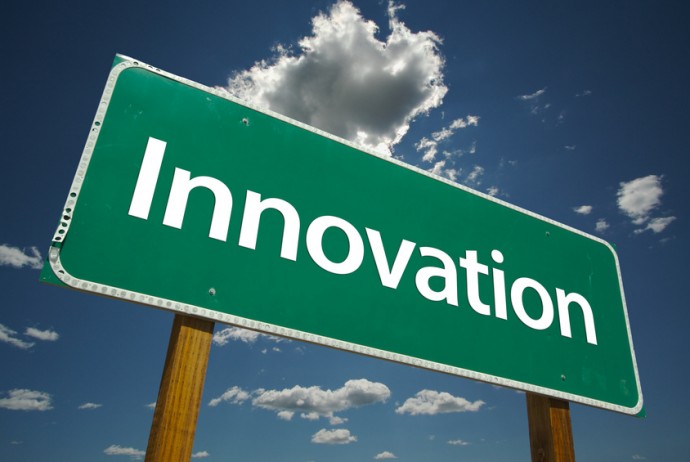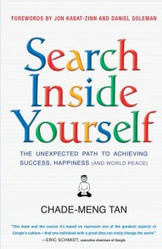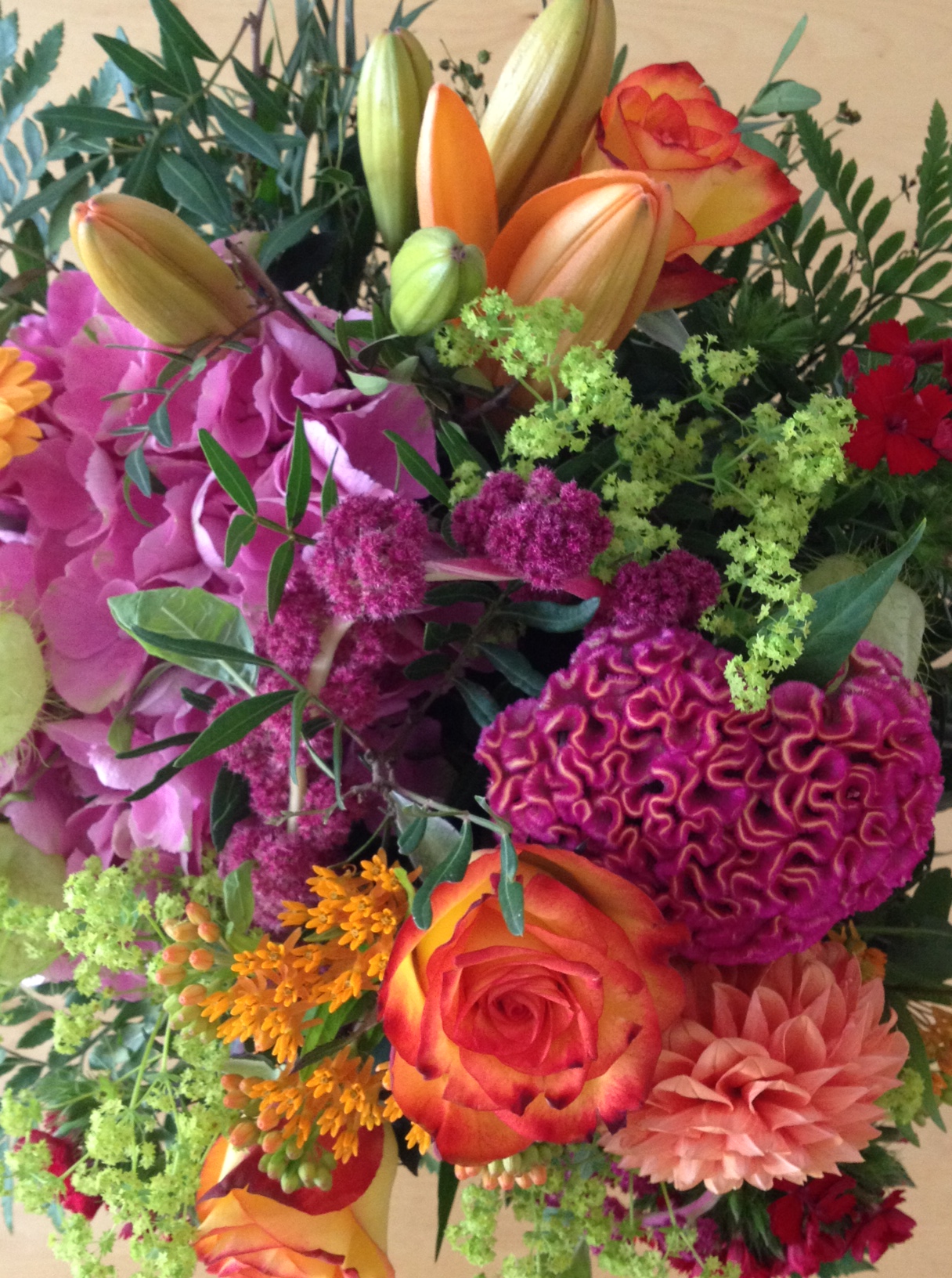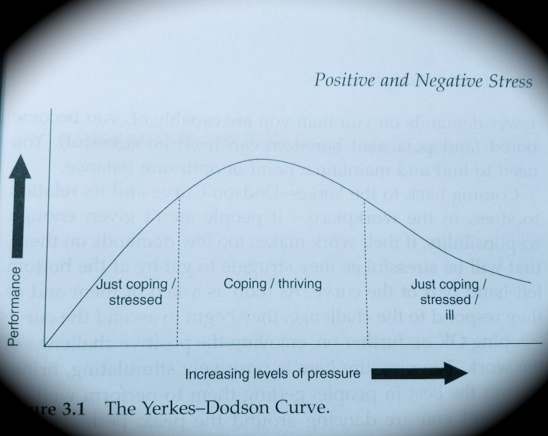Recently, the Harvard Gazette featured a very interesting article by Chuck Leddy writing about research conducted by Teresa Amabile, Director of Research at the Harvard Business School. She came to the conclusion that nowadays people are under more pressure than ever, trying to meet multiple demands and deadlines, which in turn lessens creativity and the potential for innovative ideas. She says:
“The single most important thing managers can do to enhance workplace creativity is protecting at least 30 to 60 minutes each day for yourself and your people that’s devoted to quiet reflection.”
For those of you regularly in contact with mindful leadership and the concept of emotional intelligence (EI) this will sound very familiar. The fact is however, that in most of the companies I know this creative space for self-reflection is missing. People don’t have a work-life balance anymore (across countries and continents); many are in fact solicited day and night thus living under constant ‘fire’ which is not only a result of digitization but also stems from a very particular workplace culture (the initiative which started in Germany trying to put this to a halt will be an interesting one to follow). More work is shouldered by less people as organisations become leaner. This doesn’t mean more money or benefits, in tough times these would indeed be frozen and the supplementary work simply expected.
As a result, everywhere the costs of absenteeism are on the rise (not only for the companies but also for the welfare state) as more and more people get sick, depressive or end up with burn-outs. In Switzerland during the last months, two top managers of major multinationals have even committed suicide, which to some extend shows the enormous pressure that (top) leaders have to endure (of course this was certainly not the only reason behind such an act and I certainly don’t mean to speculate here).
The point is that living a mindful life, in the here and now, allowing for breaks and ‘non-doing’, becomes a MUST not only for personal and individual health reasons but also for major companies. Without innovations, creative ideas and intrinsically motivated people there is no way competition can be outbid. As T. Amabile puts it:
“In the short term, people become less engaged in their work if their creativity isn’t supported. They will also be less productive because they often can’t focus on their most important work. In the long term, companies may lose their most talented employees, as well as losing out because they won’t have the innovative products, innovative services, and business models that they need to be competitive.”
In summary, organisational excellence thus starts with the people, giving them the possibility to opt-out and time to breathe. Everybody needs a clap on the shoulder and some encouraging words…
The time is ripe for change, not only in organisations but also in people’s minds!
So much for now, thanks for reading and please don’t hesitate to get in touch with me if you want to learn more about integrating mindfulness into your lives and related coaching/training practices.
Jenny
My Related articles:










